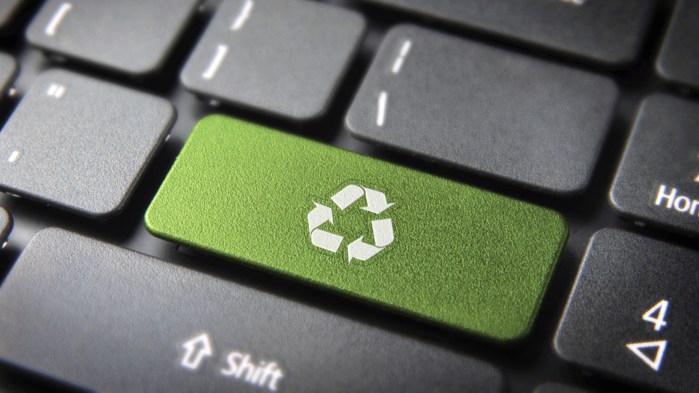Reusable Plastics: The Unsung Heroes Of The Food Supply Chain
When you think of plastic, you probably think of piles of landfill products that don’t decompose organically, and as a result, end up languishing in the ground leaching toxic chemicals into the soil.
Modern technology has meant that plastics are more than just the straws you put in your milkshake or the wrapper on your lunchtime snack. Today’s plastics come in all shapes and sizes, including reusable, durable products used across the food supply chain market.
These products make food supply chain management more cost and time-efficient, allowing consumers to enjoy fresh, delicious produce and products quickly, and at a price they can afford.
Growing And Harvesting
In the early stages of food production, agricultural reusable plastic containers are used to grow fruits and vegetables in a safe and sanitary environment. Plastic trays are used to grow seedlings, and these are often watered using reusable plastic irrigation systems. Greenhouse covers, also made from reusable plastic, make growing plants that need climate-controlled housing, such as tomatoes or citrus fruits, safe and hygienic.
When it comes to harvesting product, plastic containers make it easier for farmers to store and transport their crops safely. Cardboard or wooden pallets can be hard to sanitize and are prone to absorbing moisture, while plastic is non-porous and can easily be cleaned after each use.
Processing and Distributing
Processing fresh produce, including fruits, vegetables and other crops, involves sorting them ready to be shipped off for use in various products such as ready meals, sauces and canned goods. Some will be sold whole, but the majority will meet customers in various different forms, so they are sorted and stored in a selection of reusable plastic food handling containers, such as IBCs, prior to being distributed to factories and stores.
Distribution is the part of the supply chain where single-use plastics get involved. The products can be transported on plastic pallets and crates, which are reusable, but they are delivered to customers in single-use packaging. As DeMaso of Lipman Family Farms explains:
“Single-use plastic is hard to get rid of when sending to consumers in the produce industry. We need to make sure food safety and sanitation are on-point, so we’re not trading contaminants. Disposable plastic is a problem, [so] it’s a matter of making sure we are using as little as possible.”
Making the Food Supply Chain More Sustainable
As this article highlights, the main issue the food supply chain faces when it comes to sustainability is its reliance at the end of the process on single-use plastic packaging. Justin Bean, the Business Development and Sales Manager at Reusable Transport Packaging, believes that reusable food packaging is the future, and that food producers should embrace it throughout their supply chain. This approach will help to reduce the food supply chain’s reliance on single-use plastics.
“Farmers still spend a lot of money on single-use corrugated and or single-use plastics for distribution to retailers. Our pay per use or milkman model allows users to cut out single-use packaging waste, save money, and use a better RTP (Reusable Transport Package).”
A move towards reusable plastic packaging throughout the food supply chain will allow the market to reduce its impact on the environment and still keep food fresh and affordable. It’s safe to say that these revolutionary products are the future of the food supply chain.
___________________________________________________________________
Reusable Transport Packaging is a re-seller, master distributor, and custom manufacturer of the broadest range of returnable and reusable plastic packaging available today. We carry thousands of products and boast an inventory that is readily available, with national and international coverage.





Leave a Reply